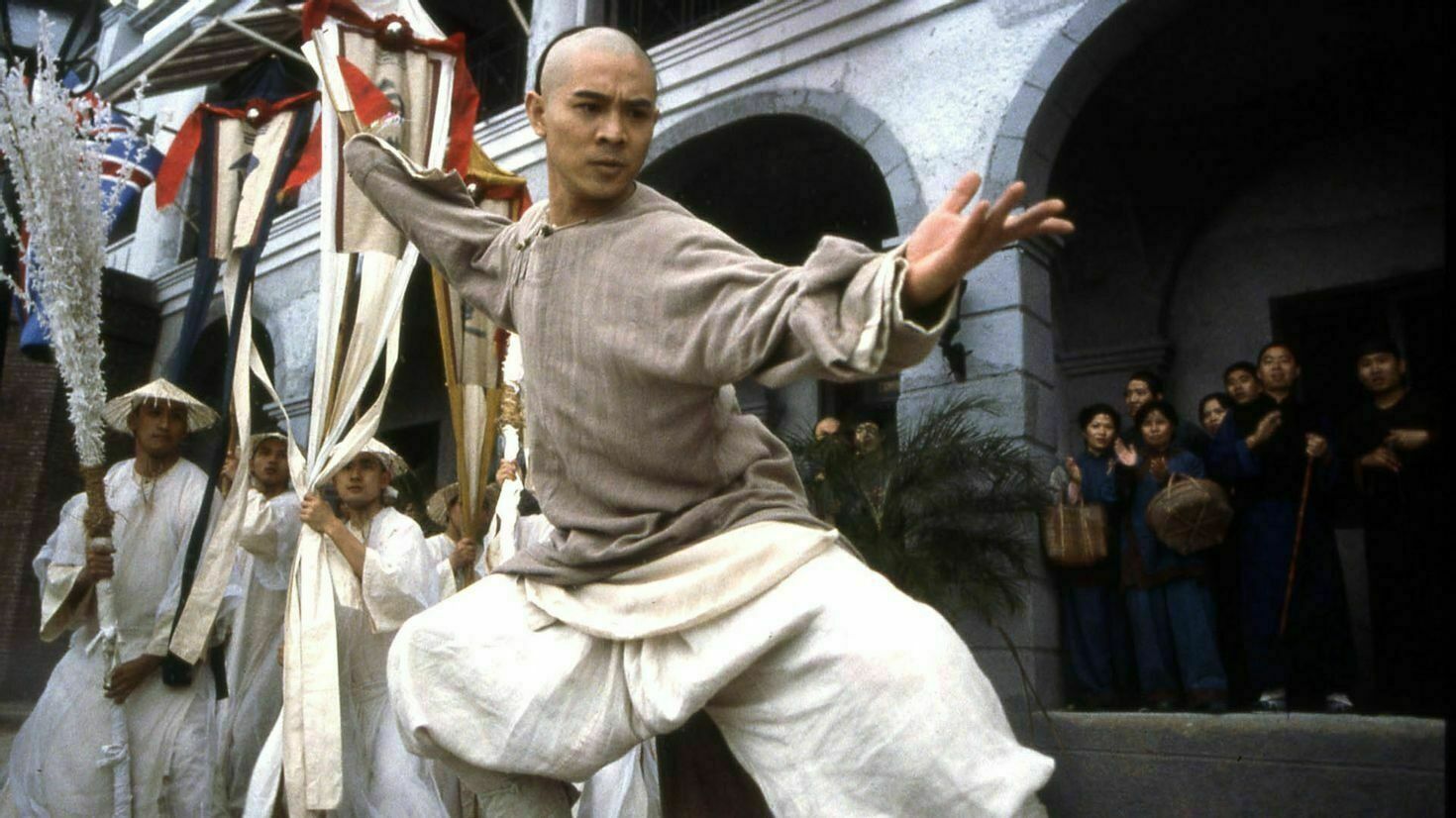Posted 6 апреля 2023, 07:58
Published 6 апреля 2023, 07:58
Modified 6 апреля 2023, 09:42
Updated 6 апреля 2023, 09:42

Too little of the common to all mankind: Why China won't become a Superpower
In connection with the upcoming Sinification of Russia and the excommunication of the Russian audience from Hollywood, an important question arises: why are Chinese films not popular in the world, despite the fact that the Beijing government spends a lot of money on their distribution? But cinema plays a huge role in the promotion of certain cultural values, on which the degree of influence of the state in the world directly depends.
It's no secret that the Chinese have tried all possible recipes for success: they released original films based on their ancient history, copied Hollywood blockbusters, created joint projects with the participation of Hollywood stars invited from Hollywood, used modern futurological themes – and still nothing works. The world audience does not want to watch Chinese films, except that a narrow circle of aesthetes are happy to watch the so-called "author's cinema" from China.
American journalist Sabirzhan Badretdinov calls the main reason for this state of affairs:
"The reason is not that Chinese actors or directors are not talented (on the contrary, there are plenty of talents in China), but that there are no universal values, themes, motives in Chinese films. More precisely, they exist, but they are inevitably refracted through the prism of a purely Chinese worldview. And censorship, of course, does not contribute to the international popularity of Chinese films.
The history of Hollywood's relationship with Chinese cinema is instructive.
In the 1990s, due to some liberalization of cultural life under Deng Xiaoping, a flood of American films poured into China. Their success was huge. For example, the film Titanik (1997) alone received almost a third of all ticket sales in Beijing. In general, in the 1990s, Western films accounted for about 70% of all film production in China.
This alarmed Chinese leaders and a law was passed according to which two-thirds of all films in the country must be domestically produced. But the people went to them reluctantly.
American producers, fearing the loss of the huge Chinese market, began to promote the idea of joint films. Such films were Seven Years in Tibet (1997), Kundun (1997) and Red Corner (1997). But it turned out that these films in some details contradicted Chinese ideological attitudes about Tibet, the Dalai Lama and Chinese politics in Tibet. There were accusations of American filmmakers in the "demonization of China".
Hollywood moneybags were alarmed again and hurried to publicly apologize to the Chinese authorities, promising, in fact, to introduce self-censorship. So they did. For example, in the movie Red Dawn (2012), Chinese soldiers were supposed to capture an American city. After complaints from Chinese censors, North Korean soldiers were shown instead of Chinese soldiers. In the movie Top Gun: Maverick (2019), the flags of Taiwan and Japan were removed from the jacket of Tom Cruise's character. Etc.
Censorship has undermined the creative freedom of Hollywood directors and led to a decline in the popularity of American films in China. For example, the film Zootopia (2016) failed at the Chinese box office. The same thing happened with the Chinese-American joint film The Great Wall (2016).
A few years after Xi Qingping came to power in 2013, purely American films practically stopped being shown in China. The atmosphere of ultra-patriotism and nationalism that was planted under him became a motivator for the creation of patriotic (more precisely, openly anti-American) Chinese films, such as Wolf Warrior (2015) and Wolf Warrior 2 (2017), which were a huge success in China, but a rather modest success abroad - and then in mainly due to the Chinese diaspora and the huge financial assistance of the state in advertising films. (For comparison, the American state, as a rule, does not participate in the promotion or advertising of American films).
Apparently, Chinese films will never conquer the world market. They are too ideologized and too "Chinese". There is little universal in them. Therefore, no matter how much success China has achieved in the economy, it will never be able to achieve cultural dominance in the world. And without cultural dominance, China will never be able to become the first or leading superpower. After all, this requires what Americans call "soft power," which is the most important part of cultural dominance in the world".